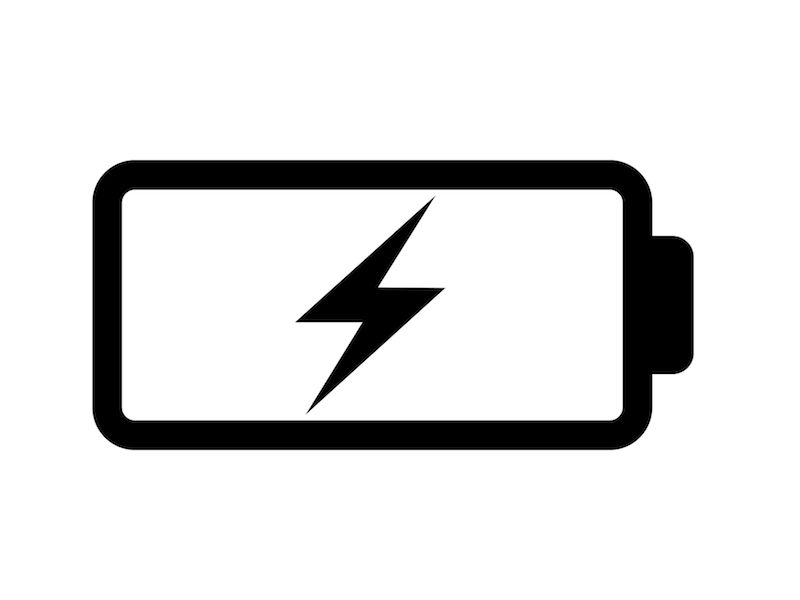Worrying about running low on batteries is something you shouldn’t have to do with rechargeable hearing aids, but when you depend on this technology, it might make you slightly concerned. Do rechargeable hearing aids work, and do they work as well as advertised?
The worry is reasonable and so are the question you may have. A hearing aid is often as necessary for the enjoyment of a tv show or a movie as it is for a trip to the supermarket or any other part of day to day life. When a piece of technology impacts so many facets of your life, it’s important that it functions properly and dependably.
What Type of Battery do I Have?
By default, most modern-day hearing aids come with rechargeable batteries, so if you bought your hearing aids recently it’s likely that your hearing aids will have one of two battery types. Silver-zinc batteries, which can usually be identified by a battery door on the device, are rechargeable, but the batteries may have to be replaced every so often. A Lithium-ion battery, however, will not have a battery door because the batteries will last as long as the hearing aid does.
How to Care For Your Rechargeable Hearing Aid
For the most part, rechargeable hearing aids do work, and they work well. The reliability of these devices has enhanced considerably in the last few years, as battery technologies have improved. And, like any other electronic device, however, there are various easy maintenance steps that users can take to improve the dependability of their rechargeable hearing aids.
- Keep Your Hearing Aids Dry and Clean: Your hearing aids will collect debris, dust, and moisture regardless of how often you use them. Your hearing aid may not thoroughly charge if it is subjected to any of these three things. That’s why it’s crucial to keep your hearing aids clean and dry especially when connecting your hearing aid to its charging station.
- Be Mindful of Wires: Most hearing aids will have a wire element of some kind, either on the hearing aids themselves or on the charging station. Being careful of these wires is important for hearing aid users; the connection that enables the device to charge can be broken if you pull on or hold it by the wires.
- The Charging Station is Where Your Hearing Aids Should be Stored: If your hearing aids have rechargeable batteries, you can extend the battery life of your device by ensuring that you regularly store your hearing aids on their charging station. Charging a battery that is not fully drained does not reduce long-term battery life. In fact, ensuring that your hearing aids are charging when not in use can actually boost your long-term battery life. A convenient reminder, for many people, to charge their device when not in use, is to set the charging station on a table near their bed.
How to Replace a Rechargeable Battery
If you have lithium-ion batteries, they should last as long as your device does. Consequently, you should not have to worry about replacing those batteries. Simply continue recharging your hearing aids as long as necessary.
However, you will need to occasionally replace the batteries if you have a hearing aid that uses silver-zinc batteries. The longevity of your battery can be increased by changing them in the right way. As such, most people who use these hearing aids are counseled to:
- Store batteries in a room temperature spot that is also sure to be dry.
- Ensure that your battery compartment is free of moisture and clean.
- Don’t get rid of any packaging or plastic tabs until you’re ready to use batteries.
- Before changing batteries, make sure you wash your hands.
- Five minutes before taking off any tabs that might be attached let the batteries sit at room temperature.
Non-Use For Long Periods
Leaving your hearing aids on the charger for long periods of time is no longer the best way to store your hearing aids. If, for instance, you know that you will not be using your hearing aids for a few weeks or months, you can just remove the charger and put your hearing aids in a dry and cool spot.
If your hearing aids use silver-zinc batteries, you might also consider leaving the battery door open in order to prevent moisture from corroding your batteries.
Rechargeable for Everyday Use
For most individuals, and for day to day use, charging your hearing aids once a day should be enough for all of your needs. A lithium-ion battery, as an example, will usually require only 3-4 hours to charge enough battery power for a 24 hour period.
Do rechargeable hearing aids work? They don’t only work, they are becoming more common all the time. Schedule an appointment with your local hearing aid retailer to see all the different models

